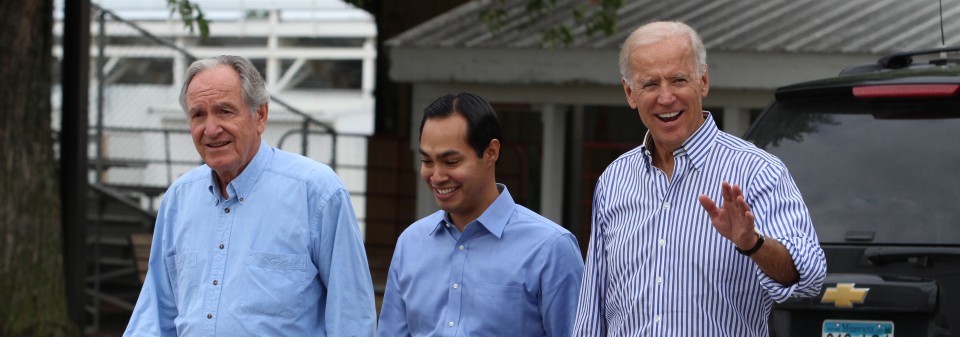Harsh interrogation techniques? Don’t you long for simpler times when everyone knew it was called torture?

New York Times
Bush Aides Linked to Talks on Interrogations
By MARK MAZZETTI
Published: September 24, 2008
WASHINGTON – Senior White House officials played a central role in deliberations in the spring of 2002 about whether the Central Intelligence Agency could legally use harsh interrogation techniques while questioning an operative of Al Qaeda, Abu Zubaydah, according to newly released documents…
…The documents provide new details about the still-murky early months of the C.I.A.’s detention program, when the agency began using a set of harsh interrogation techniques weeks before the Justice Department issued a written legal opinion in August 2002 authorizing their use. Congressional investigators have long tried to determine exactly who authorized these techniques before the legal opinion was completed…
Uh, the 2002 memo was withdrawn, because it was in conflict with the peremptory norms of international law and the standards of behavior for civilized nations:
A Small Clique Of Legal Extremists…
The Memorandum for Alberto R. Gonzales, Counsel to the President of August 1, 2002 (the so-called “Bybee Memo”) goes to great lengths to narrowly define torture, create a “defense” defense, and to further assert the unitary executive (that the President determines what is “the law”). The memo signed by Jay Bybee, then an assistant Attorney General and now a judge on the 9th Circuit Court of Appeals, was reportedly the work of John Yoo, now a law professor at the University of California, Berkeley. There is no mention of the International Covenant on Civil and Political Rights in this memo…
…LEGAL STANDARDS APPLICABLE UNDER 18 U.S.C. §§ 2340-2340A MEMORANDUM OPINION FOR THE DEPUTY ATTORNEY GENERAL issued on December 30, 2004 (the so-called “Levin Memo”) states: “…This memorandum supersedes the August 2002 Memorandum in its entirety…”
AWOL military justice
Why the former chief prosecutor for the Office of Military Commissions resigned his post.
By Morris D. Davis
December 10, 2007
Los Angeles Times
I was the chief prosecutor for the military commissions at Guantanamo Bay, Cuba, until Oct. 4, the day I concluded that full, fair and open trials were not possible under the current system. I resigned on that day because I felt that the system had become deeply politicized and that I could no longer do my job effectively or responsibly…
…I had instructed the prosecutors in September 2005 that we would not offer any evidence derived by waterboarding, one of the aggressive interrogation techniques the administration has sanctioned…
[emphasis added]
The old media is pathetic. They use the memes and language of those who want to obscure their reprehensible behavior. Torture is torture, not a “harsh interrogation technique.” As a party to the Tokyo War Crimes Trials the United States prosecuted individuals for waterboarding prisoners because it was torture. I’d expect even the mediocre legal minds who have served the present administration to know that. And the New York Times, too.




